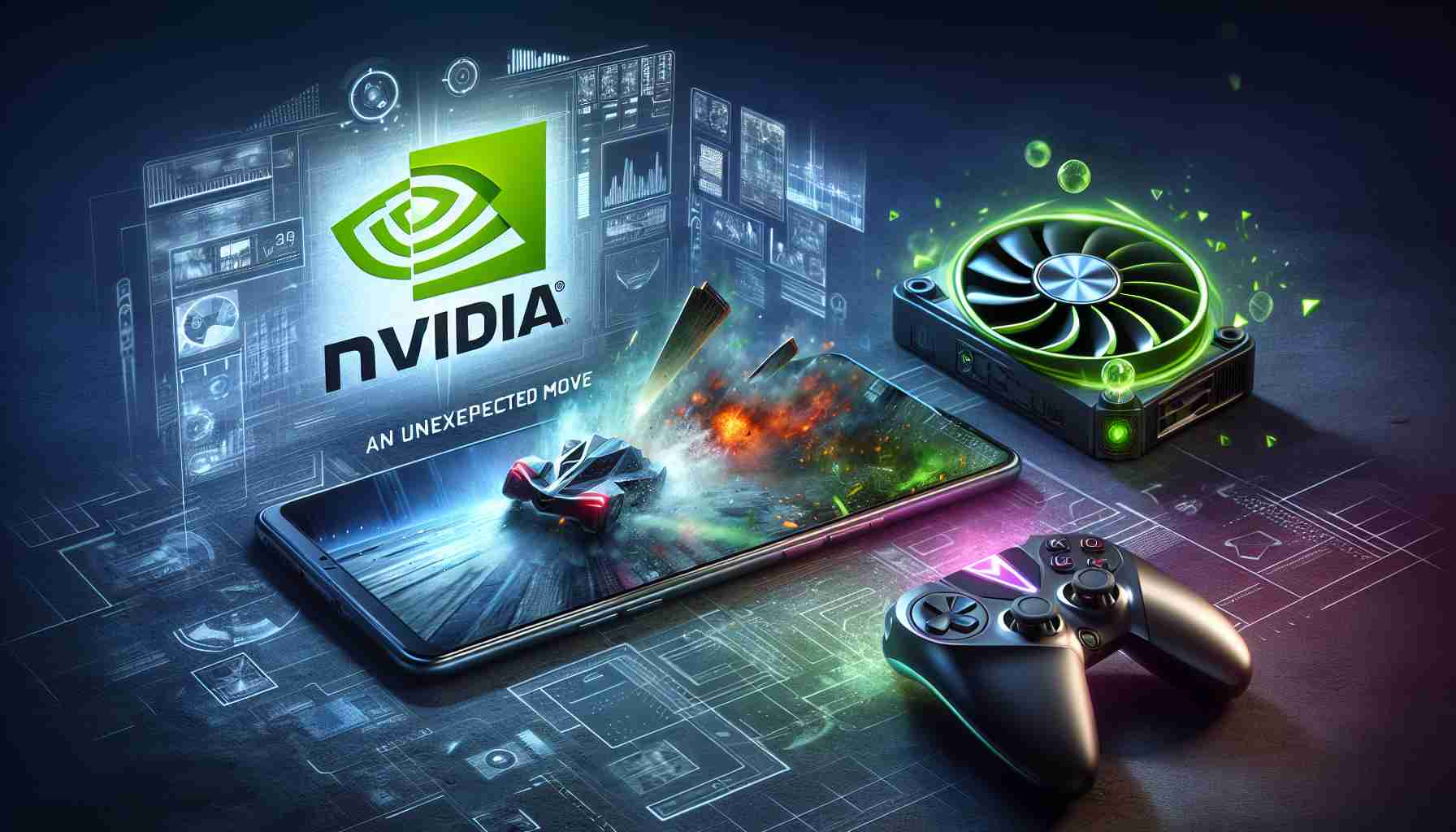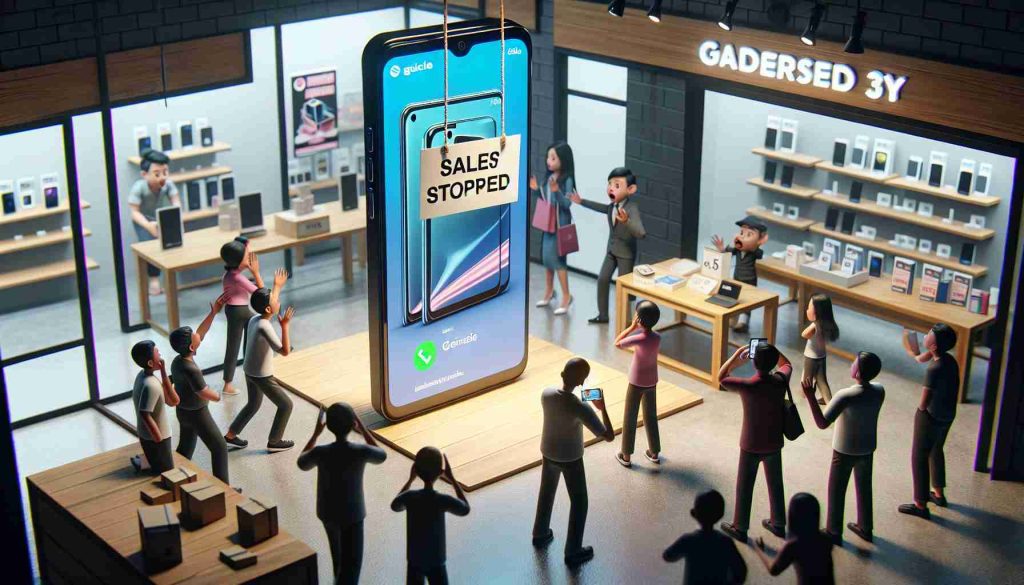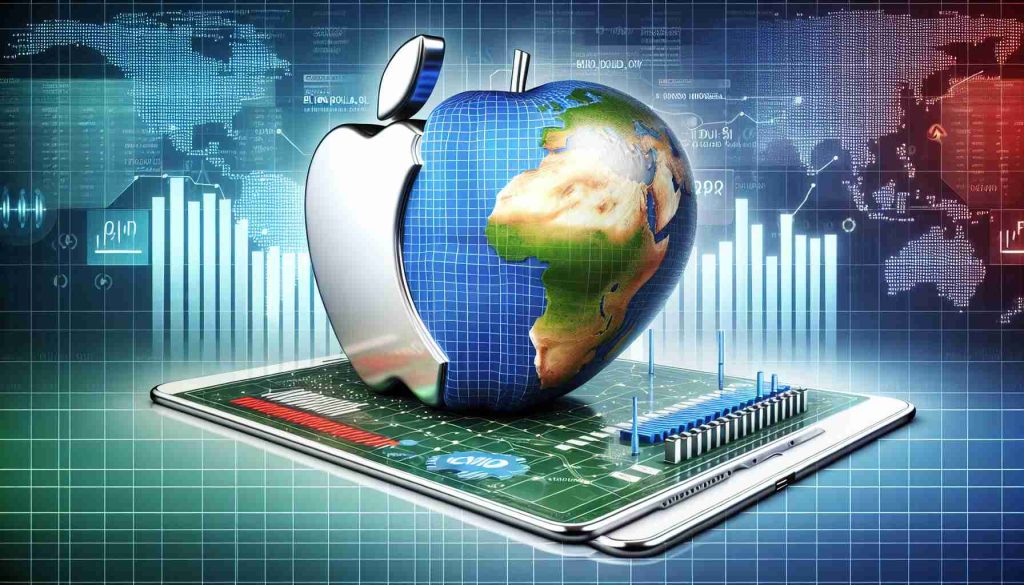Nvidia, renowned for its cutting-edge graphics processing technology, is rumored to be making a bold leap into the smartphone gaming market. This strategic move has the potential to redefine how users interact with games on mobile platforms and could set a new standard for mobile graphics quality.
Breaking Barriers in Mobile Gaming
As traditional barriers between dedicated gaming consoles and smartphones continue to dissolve, Nvidia’s foray into mobile technology appears timely. Leveraging their expertise in designing high-performance GPUs, Nvidia aims to bring advanced gaming graphics to smartphones, delivering an experience far superior to what is currently available. Such innovations could allow mobile games to feature ray tracing and AI-enhanced graphics, offering visuals previously thought impossible on mobile devices.
Strategic Partnerships in the Pipeline?
To achieve this leap, industry insiders suggest that Nvidia might collaborate with leading smartphone manufacturers. By integrating their GPU technology directly into mobile chips, Nvidia could optimize performance for devices like never before. Partnerships with Android-based platforms seem inevitable as Nvidia looks to capitalize on the open-source nature of the Android ecosystem to push its technologies.
The Future of Mobile Gaming
While official announcements from Nvidia remain pending, the potential implications of such a move are vast. Enhanced graphics capabilities might attract even more prominent game developers to the mobile space, treating gamers to rich, immersive experiences traditionally reserved for PCs and consoles. As Nvidia potentially blurs the lines between these platforms, the landscape of mobile gaming could change dramatically, ushering in a new era of interactive entertainment.
Nvidia’s Mobile Gaming Revolution: What’s the Real Impact?
As Nvidia ventures into the smartphone gaming market, the implications go beyond gaming itself. This move could be pivotal for the global mobile industry, fuelling a technological arms race among phone manufacturers and reshaping digital infrastructure.
How Will Consumers Be Affected?
With smartphones becoming gaming powerhouses, consumers might see a surge in device prices driven by the enhanced hardware. Nvidia’s integration of high-performance GPUs could cause a shift in consumer expectations, leading to higher demand for devices capable of running the most graphically intense games. Meanwhile, this could increase the cost of mobile data and storage due to more extensive downloads and updates. Yet, the advantage lies in the promise of console-quality gaming on-the-go, freeing gamers from stationary setups.
Community and Economic Impact
Industrially, communities centered around mobile gaming could thrive, with new job opportunities in coding, graphic design, and technical support emerging. However, resource allocation becomes a concern. Are these advancements sustainable? Does the environmental cost of producing high-powered GPUs negate the benefits?
From an economic standpoint, if Nvidia’s strategy succeeds, countries with robust tech industries might experience a boom. However, nations reliant on imports or less advanced technology could fall behind, potentially widening the digital divide—raising questions about equitable tech access globally.
The Controversies of Integration
One significant controversy revolves around screen addiction, potentially exacerbated by more engaging mobile games. How can tech leaders ensure that these innovations don’t negatively impact social interactions and mental health? Moreover, the dominance of a few tech giants could stifle startup growth, posing the question: Is innovation being monopolized?
For more information on tech developments, visit TechRadar or The Verge.























